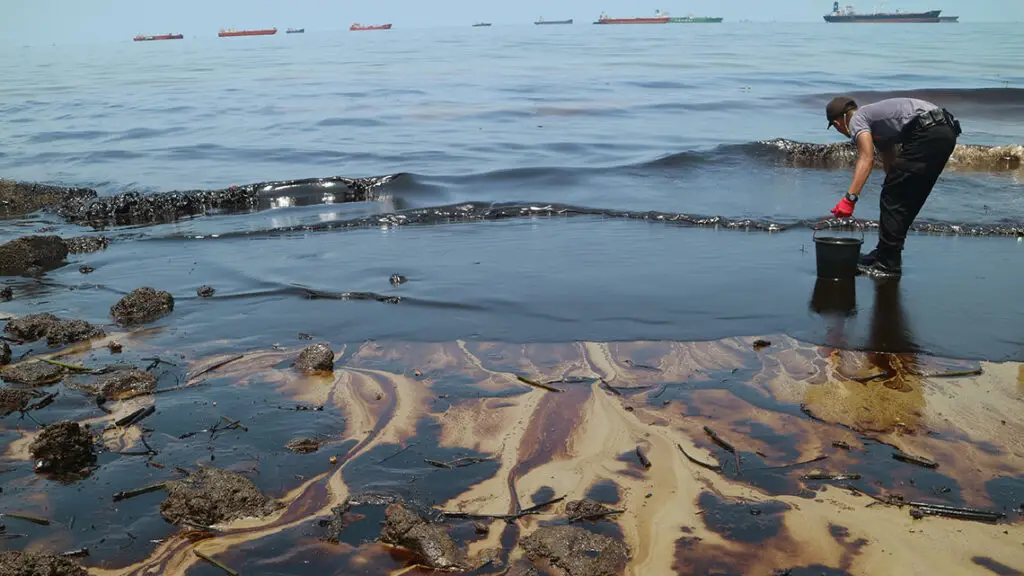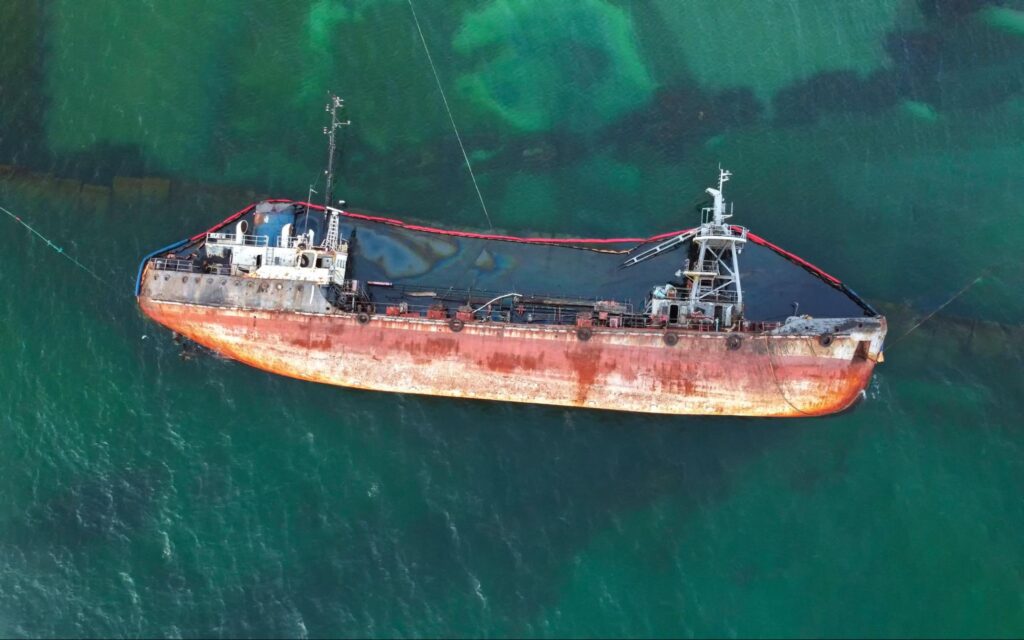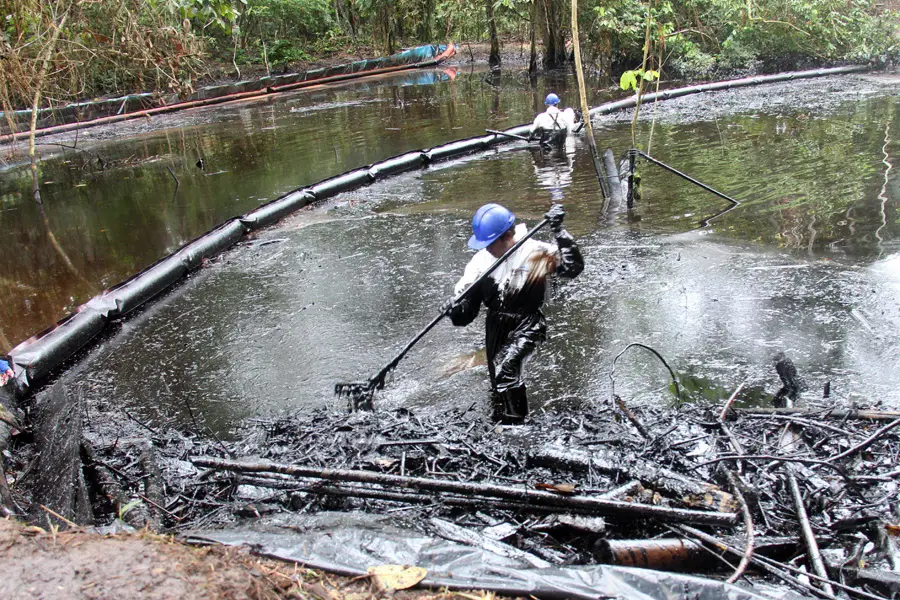Oil spills are a serious environmental and economic concern for the state of Texas, as well as the entire Gulf Coast region. The oil spills Texas mostly occurs due to a variety of factors, including equipment failures, human error, and severe weather events.
In this blog post, we will explore the causes of oil spills and its consequences in Texas, as well as the safety measures that are in place to prevent them from occurring.
Main Causes Of Oil Spills

One of the main causes of oil spills in Texas is the transportation of oil by vessels. This includes oil tankers, barges, and other types of ships that are responsible for transporting oil to and from ports in the state. These vessels can be at risk of spills due to equipment failures, such as leaks in the hull or pipeline breaks. Additionally, human error can also play a role in spills, such as when a ship collides with another vessel or runs aground.
Another cause of oil spills in Texas is the extraction and production of oil on offshore platforms and rigs. These facilities can also experience equipment failures, human error, and severe weather events that can lead to spills. The Deepwater Horizon oil spill in the Gulf of Mexico, which occurred in 2010, is a tragic example of an offshore oil rig disaster that resulted in the death of 11 workers and a massive oil spill.
Safety measures are in place to prevent oil spills from occurring, including regulations set by the U.S. Coast Guard and the Bureau of Safety and Environmental Enforcement (BSEE). These regulations require that vessels and offshore facilities have specific safety equipment and procedures in place to minimize the risk of spills. Additionally, regular inspections are conducted to ensure that these safety measures are being followed.
Major Consequences of Oil Spills

However, despite these safety measures, oil spills can still occur, and when they do, the consequences can be severe. The environmental impact due to causes of oil spills includes damage to wildlife, habitats, and ecosystems. Oil can suffocate fish and other aquatic life, and can also harm birds, mammals, and reptiles that come into contact with it. Additionally, oil spills can also have a significant economic impact on local communities and industries, such as fishing and tourism.
In conclusion, oil spills in Texas can be caused by a variety of factors, including the transportation of oil by vessels and the extraction and production of oil on offshore platforms and rigs. Safety measures are in place to prevent spills from occurring, but when they do, the consequences can be severe.
It is crucial that we continue to take steps to identify causes of oil spills and minimize the risk, both through regulations and industry best practices. Additionally, it is important that we continue to invest in research and technology that will help us to respond to spills more effectively, in order to minimize their impact on the environment and local communities.
Impact on Marine Life and Ecosystems

Causes of oil spills can have devastating effects on marine life and ecosystems in Texas and the Gulf Coast region. The toxic components of oil can poison fish, shrimp, and other marine organisms, leading to massive die-offs.
The oil can also adhere to the feathers and fur of birds and mammals, impairing their ability to maintain body temperature and buoyancy, which often results in death. Coral reefs, which are already under threat from climate change, can suffer significant damage from oil spills, leading to long-term degradation of these vital ecosystems. The loss of biodiversity and the disruption of the food chain can have far-reaching consequences that affect the entire marine environment.
Economic Repercussions of Oil Spills Texas
The economic impact due to causes of oil spills extends far beyond the immediate costs of cleanup and remediation. Industries such as fishing, tourism, and recreation suffer substantial financial losses in the aftermath of a spill. Fisheries can be closed for extended periods, leading to loss of income for fishermen and associated businesses.
Tourists may avoid affected areas, causing a decline in revenue for hotels, restaurants, and other local businesses. Additionally, the cost of restoring damaged ecosystems can be exorbitant, often requiring years of effort and significant financial investment. The economic burden is felt not only by local communities but also by state and federal governments that allocate resources for spill response and recovery.
How The Lopez Law Group Can Help

If you have been involved in a maritime or offshore accident case in Texas, it is important that you speak with our experienced maritime/offshore lawyers in Weslaco, TX, to determine who is at fault. The Lopez Law Group can help you investigate the causes of oil spills, consequences, and gather evidence to support your legal claim. Hire an experienced maritime/offshore attorney and get the justice you deserve. You may view our FAQs for any general questions about our legal process. You can contact us at 956- 420-0781 today for a free consultation.
FAQs – Get More Answers Here!
Q: What Causes an Oil Leak?
Oil leaks can occur due to equipment failures, such as leaks in pipelines, tankers, or offshore platforms. These leaks release oil into the environment, posing risks to marine ecosystems and coastal areas.
Q: How Do Oil Spills Affect Coastal Communities?
Oil spills can devastate local economies. Fisheries may close, affecting fishermen and related businesses. Tourists avoid affected areas, leading to revenue losses for hotels, restaurants, and other businesses. The economic burden extends to state and federal governments allocating resources for spill response and recovery.
Q: What Happens to Marine Life After an Oil Spill?
Oil spills harm sea creatures, disrupt habitats, and contaminate critical resources in the food chain. Fish, shrimp, and other organisms can be poisoned. Birds and mammals suffer when oil adheres to their feathers and fur. Coral reefs, already threatened by climate change, can suffer long-term damage.
Q: How Can We Prevent Oil Spills?
Preventive dangers of transporting oil by doing:
- Regular inspections and safety protocols for vessels and offshore facilities.
- Advanced technology and monitoring systems.
- Preparedness plans and spill response training.
- Regulatory compliance and risk assessments.
- Industry best practices to minimize spill risks.



